This is a wonderful video clip from the fantastic PBS series “Unnatural Causes… is inequality making us sick?” One of the episodes, “Becoming American” was screened last night at the Ashe Cultural Center. I was one of the panelists that took questions about health inequalities at a community forum last night after the screening.
The website for the series is an incredible resource for anyone interested in income, race, immigration, housing, and the myriad of issues that influence our health. In particular, I liked the suggestions to how individuals can make strides in their own communities toward improving health. As a country, we showed we are ready for change… here are some suggestions on how we can start in our own backyards.
Research has shown that health is more than healthcare, behaviors, and genes—that the social
conditions in which we are born, live and work actually get under the skin as surely as germs
and viruses do. What can we do to help reframe the nation’s debate over health and to address
the root causes of our devastating socio-economic and racial health inequities?Here are a few ideas you can use to get started and encourage others to become
involved in working towards health equity:• Identify and connect people interested in the root causes of health inequities.
• Organize a “brown bag†screening to discuss how social conditions—where we
are born, live, work and play—impact health.
• Form a committee to identify assets, programs, or initiatives within your
organization where you can use the series to educate, organize or advocate for
health equity.
• Screen and discuss the series with PTAs, book clubs, neighborhood associations,
churches, tenants groups, racial justice groups, and trade unions.
• Identify three existing struggles in your community that can improve health equity,
e.g., land use, a living wage, paid sick leave, affordable housing mandates, toxic
clean-ups, lead paint removal, etc. How can you become a partner?
• Conduct an audit of health threats and health promoters in your neighborhood.
• Identify and build strategic partnerships with community-based organizations and
organizations in other sectors; link health outcomes to housing, education,
employment, political power and other arenas.
• Form a community-wide health equity coalition.
• Ask your public health department to conduct a Health Impact Assessment (HIA)
on proposed development projects and government initiatives and ordinances.
• Provide local media with facts and resources so they can incorporate a health
equity lens in their reporting; help them identify a message point person to provide
quotes, analysis and additional information.
• Broaden the discussion: look for opportunities to submit op ed articles, letters to
the editor, call in to radio talk shows, and form discussion groups.
• Organize a policy forum to brief officials in government agencies about the social
determinants of health inequities.
Paul came with me to the event last night (he was impressed that I managed to only use the phrase ‘epidemiologic assumption’ once) and regretted not having a video camera there. That can only mean that at some point in the evening, I picked my nose or something.
In lieu of my comments from last night, I’m listing a few of my thoughts based on the screening, the questions panelists were asked, and my comments…
— We should be very concerned about the mental health of the Latino youth in New Orleans. Statistically, their risks of mental illness far outweighs any other group in the city — and the risk factors we know to trigger illness in this group exist for them here in spades.
— What can we do, as a community, to create public, multiracial spaces?
— How can we advocate for better city transportation?
— What can be done to attract health researchers back to New Orleans?
All of these things are on the radars of the many community activists and organizations that are working to rebuild a better community here… but as anyone who works in community organizing and nonprofits understands, the strides made are more likely baby steps. Can massive overhauling really occur?
Here is one community project that I think is great example of a fantastic step: The Hollygrove Market. We have not been able to pick up the weekend box, but just knowing it is there for us and available in a neighborhood where food markets are scarce, makes me feel that maybe it is possible to create a healthy city in the midst of poverty and destruction?
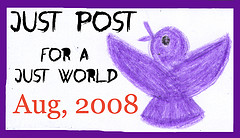
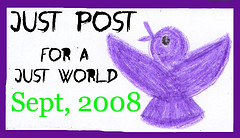
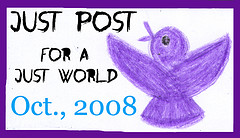


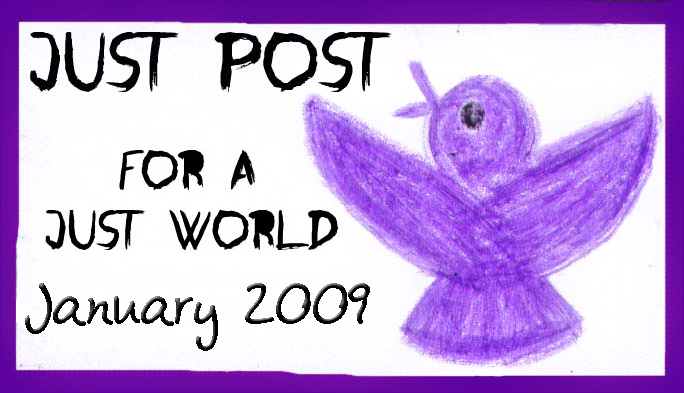
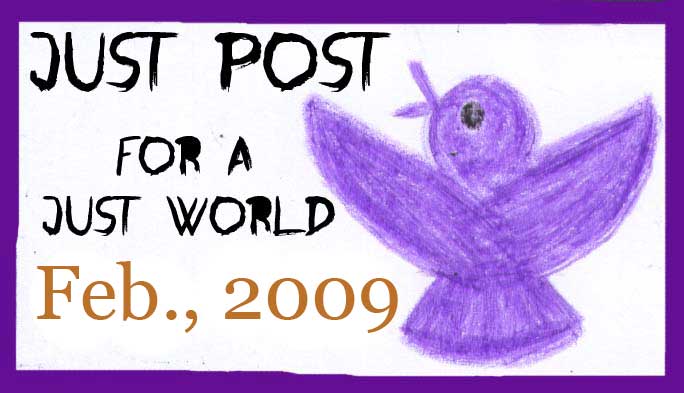








Post a Comment